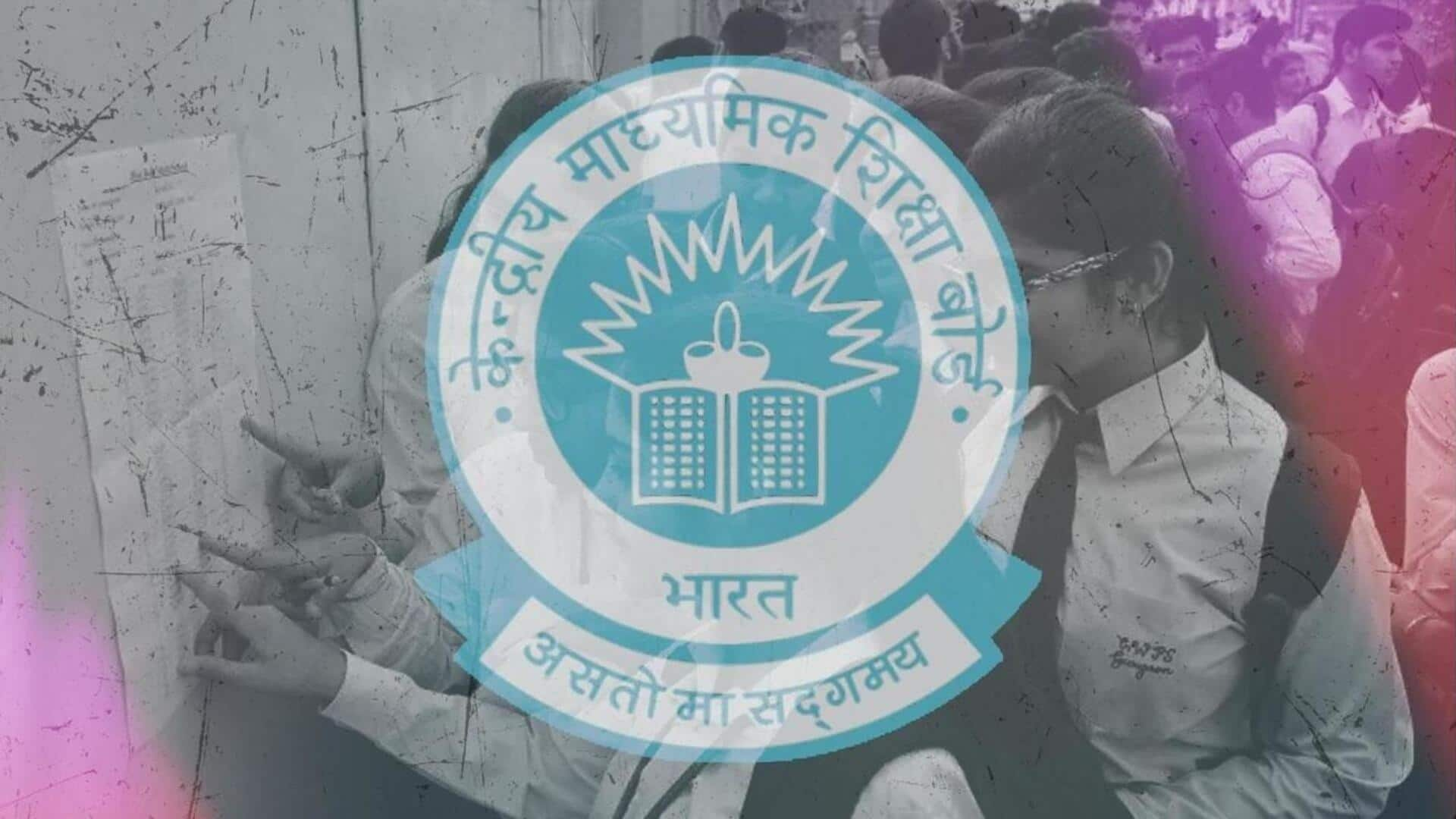
'All languages...including Punjabi': CBSE clarifies on Class 10 exam policy
What's the story
The Central Board of Secondary Education (CBSE) has issued a clarification to its draft policy for conducting two board examinations for Class X. It clarified that existing subjects and languages will continue to be offered in the 2025-2026 academic session after concerns were raised over possible exclusions of Punjabi from the CBSE's draft scheme. The languages confirmed to continue are Punjabi, Russian, Nepali, Limboo, Lepcha, Sindhi, Malayalam, Odia, Assamese, Kannada, Kokborok, Telugu Arabic, and Persian.
Language inclusivity
CBSE reassures inclusion of all languages in exams
CBSE Examination Controller Sanyam Bhardwaj also said there would be no change in the list of subjects. "There is no change in the list of subjects offered...The list in the draft policy is indicative. All subjects offered at present will continue in the Class 10 board exam in both phases," he said. Earlier, Punjab Education Minister Harjot Singh Bains raised concern over the alleged exclusion of Punjabi from the subject list in the draft policy and demanded its inclusion.
Twitter Post
CBSE's addendum
Over Draft Policy for Two-Board Examinations of Class 10, CBSE says, ' The list of other subjects and languages contained in the draft date sheet is only indicative and that all the subjects and languages (including Punjabi) offered presently shall continue to be offered for… pic.twitter.com/wgrUjRDkcb
— ANI (@ANI) February 26, 2025
Exam reform
CBSE introduces bi-annual exam system for Class 10
CBSE's new draft policy proposes a bi-annual exam system for Class 10 students from 2026. This would allow students to appear for exams in either February or May or both phases to enhance their scores. The first phase of these bi-annual exams will be held from February 17 to March 6, while the second phase will be held from May 5 to May 20.
Policy alignment
Bi-annual exam system aligns with National Education Policy
The second phase will be an opportunity to reattempt instead of having separate supplementary exams. "The first and second editions of the board exams will also act as supplementary exams, and no special exams will be conducted in any circumstances," a senior board official told PTI. This policy change is in line with the National Education Policy's aim to reduce the "high stakes" nature of board exams by giving students greater flexibility.